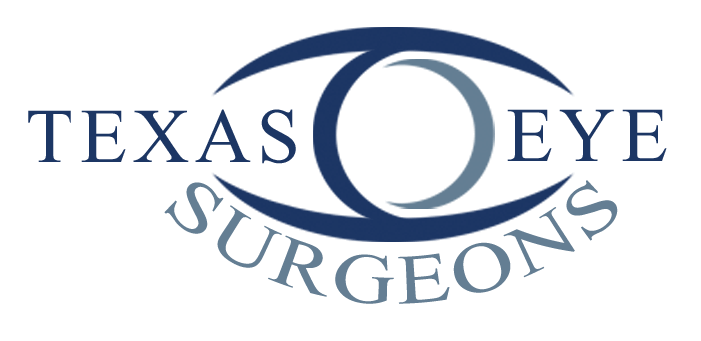PRK Eye Surgery in Plano, TX
Laser Vision Correction
Photorefractive keratectomy (PRK) eye surgeons have been performing PRK surgery for decades in order to correct both nearsightedness and farsightedness in patients. This is a refractive procedure for vision correction that came before LASIK eye surgery. It is still used today for patients who are not good candidates for LASIK but still want vision correction without the use of prescription lenses.
PRK surgery involves reshaping the cornea of the eye with an excimer laser. When your cornea is not shaped correctly, light that enters your eye through the cornea won’t be focused on the retina. With this vision correction procedure, your cornea will produce images that are in focus. PRK Plano Texas is a permanent solution for those who no longer want to rely on glasses or contact lenses.
How PRK Surgery Works to Restore Your Vision
PRK surgery is computer-driven laser surgery that reshapes your cornea. During the procedure, the patient receives drops to numb the eye. The laser removes a tiny layer of the cornea to reshape the cornea based on the patient’s refractive error. This is a precise procedure that is usually complete in less than one minute.
After PRK surgery, the patient will need to wear a contact lens on the eye being treated for about three to five days. Once the surface has healed, you will no longer have to wear the contact lens on the eye. You may not see perfectly right away, but most patients recover enough within a week or two to begin driving again. You will go to several follow up visits with your treatment provider as your epithelium heals and the bandages are removed. Your vision will slowly improve, and you can expect optimal results from PRK surgery within three months.
Facts about PRK Vision Correction
The most often observed side effects of this type of laser vision correction are scarring and healing of the cornea that is unpredictable. Results six months post-surgery for PRK surgery are similar to those seen in patients who get LASIK surgery instead. While there is also a risk of infection, this is a rare side effect. Patients who have thin corneas or large pupils are often recommended for PRK surgery vs. LASIK because of potential complications. This is a safe procedure and few complications are reported from post patients.
As a surgical procedure that has been around for decades, PRK surgery is an effective method to reduce or eliminate your dependence on corrective lenses. When you are tired of wearing contacts or glasses and you want better vision, it’s time to consider PRK. Your eyesight will improve and you will have a better peripheral vision. Whether you are trying to see better at night or trying to improve your athletic performance, PRK is an option for you to consider to receive the best eyesight possible.
Ask Our Ophthalmologist about PRK Surgery in Plano, TX
Learn more about the benefits of LASIK surgery by contacting Texas Eye Surgeons today and scheduling an appointment: (972) 379-3937.







